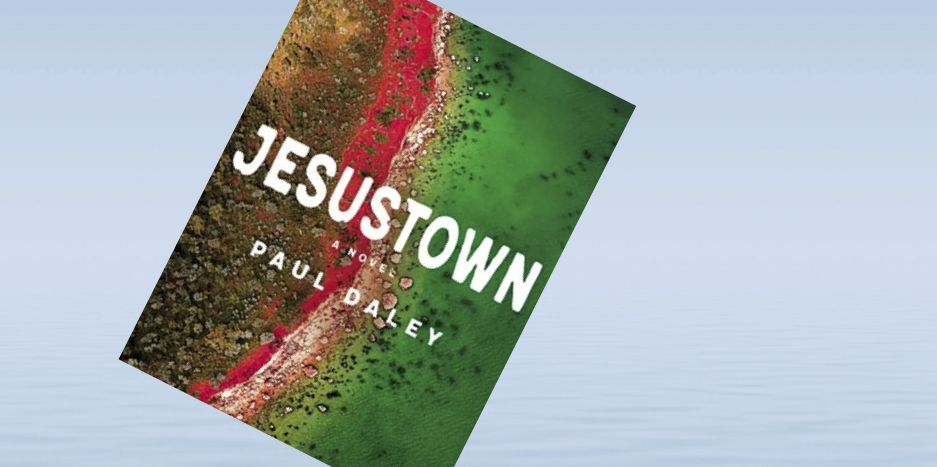Jesustown is a novel written by Australian author and journalist Paul Daley. Written in the first person, it is the story of a historical writer who faces a huge tragedy in his life and must somehow pick up the pieces. In doing so, he goes back to a small town on the northwest coast of Australia and confronts his past, and the legacy of his deceased legendary but fierce grandfather.
On its very first page, this story hits you with a tragedy and a mystery that is at first compelling. The protagonist, Patrick Renmark is cocky, spoilt, and self-indulgent, but he is also brutally honest, and only too aware of his failings. It is ultimately he, himself, that has caused the tragedy in his own life and resulted in him losing everything he valued.
In many ways, he is very unlikeable, but as this book unfolds, one gains a grudging respect for Patrick and empathy for what he is facing. Clearly, this is the story in his own words, but the honesty I mentioned and his humour means he is confessing his sins, and sharing his soul with the reader which creates a very intimate connection between us.
The events that lead to his undoing occur in London, and he flees the UK to pull himself together in a remote part of Australia. It is a small town of mostly aboriginal people whom his grandfather ‘saved’ from annihilation by the police and government some decades before. Patrick’s only hope of redemption is to write a book about his grandpa Remmy. In the process of doing so, he faces and tries to come to terms with his own demons and addictions.
This is a good book, but interestingly, not one that engaged my attention consistently. Usually, I read a book in a day or so, this took me at least five. I would pick it up, become engrossed, and then after a few chapters, I’d feel tired. I’m not sure if that is because of the intense emotion, or because Patrick was hungover most of the time, and somehow that vibe left the page and into my head.
I am someone who prefers plot over description, and there are times when the detail provided in the book is a little overwhelming.
An issue for me with Jesustown is that in the latter half of the book, the narrator changes at times from Patrick to his grandfather’s Remmy. This is done by ‘transcripts’ of tape recordings Remmy made before his death, which Patrick listens to. I found that change of voice quite jarring, and again, the level of detail in them slows down the narrative. Some of them contain information important to the plot, but I found myself skim reading or even skipping whole tracts when it was Remmy ‘speaking’.
There is a lot of heart in this book, so I can overlook the few bits that annoyed me. I particularly liked the depictions of aborigine culture and people. Their stories are beautifully woven into the book, and though at times tragic, their resilience and spirit are strong.
This is a story for anyone who is fascinated by an individual’s journey through emotional hell on the way to some sort of redemption.
Note:
A review copy of Jesustown was supplied by Books A Plenty in Tauranga New Zealand. You can purchase the book from them here.
